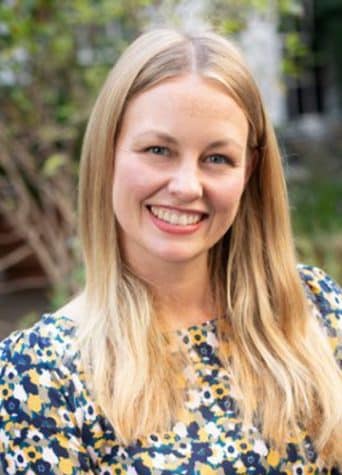Perhaps the most famous of Old Greshamians is the great twentieth century poet W H Auden. With such a legacy, which also features John Bradburne and Stephen Spender, it is unsurprising that Gresham’s boasts a very strong English department and a vibrant literary culture.
The department has considerable success in examinations, is a popular option in the Sixth Form and pupils choose to study English Literature or Creative Writing at university. We offer qualifications in both English Literature and English Language at IGCSE and GCSE level and in advanced study we offer A Levels and a choice of IB courses.
ALUMNI
HECTOR ALASTAIR HETHERINGTON
WOODLANDS 1933 – 1938
Hector Alastair Hetherington (31 October 1919 – 3 October 1999) was a British journalist, newspaper editor and academic. For nearly twenty years, he was the editor of The Guardian, and regarded as one of the leading editors of the second half of the twentieth century.
Sir John Tusa
FARFIELD 1949 – 1954
Presenter of Newsnight and Managing Director of Barbican Centre.
William Osborne
Old School House 1973 – 1978
Novelist and Hollywood scriptwriter.


